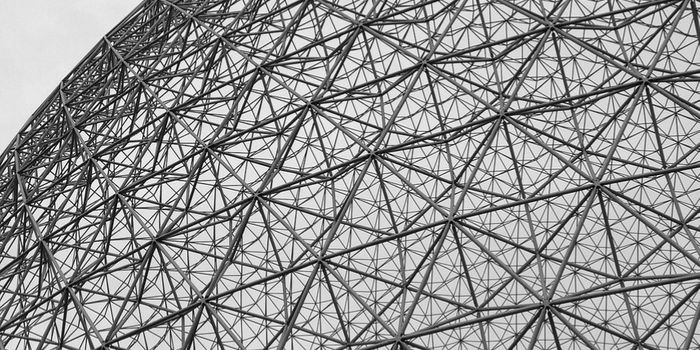A Neuroscience Lab Fights Eviction
Anyone who is familiar with complex clinical experiments and research projects knows that the physical space for laboratories, equipment and any study animals is a crucial part of the success of these projects. Having the proper amount of space, the right equipment and a humane environment for lab animals is a must for any facility that hopes to produce decent research. Any disruption to lab facilities has to be handled with a great deal of care and planning. Lab space was a concern recently at Carleton University when it was announced in late November that the neuroscience lab on campus, currently housed in the Health and Sciences Building would be evicted due to renovations.
Moving a functioning lab with multiple mouse model trials, research grants and student projects happening is a major undertaking. The neuroscience lab on campus at Carleton University currently serves 500 undergraduates, 50 graduate students, a dozen research-active faculty members, hundreds of mice , and millions of dollars worth of high-tech equipment. Carleton has had plans to renovate since early in 2016 when the school was awarded a grant from the federal Post-Secondary Institutions Strategic Investment Funding project. Without this grant money, the renovations and new building would not have been possible, however the grant, announced in April 2016, came with scheduling requirements that were ambitious and required university officials to meet tight deadlines.
The neuroscience department was officially notified in mid-November of 2016 that they would be evicted from their current space. At the time of the notice, the university had not yet secured alternate space for the lab, the students, equipment, animals and projects. On November 30, 2016 it was announced that Carleton University officials had signed a deal with nearby University of Ottawa to provide space on their campus for the neuroscience lab and that the move would take place in March 2017. Faculty and students at Carleton were aghast that they would have to interrupt or end some of their critical studies to relocate the lab. Plans to have new space available at Carleton for the neuro lab to come back to were set for sometime between June of 2017 and the fall of 2017, depending on construction progress, essentially relocating the entire lab twice in less than a year. Such a timeline is almost unheard of in research circles.
A petition was circulated by students and faculty to delay the eviction, on the grounds that students would not get needed lab training because of the move, putting their graduation at risk of being delayed. In addition, research projects that could not be completed because of the move would result in students not getting accepted to graduate or post-doctoral programs. Michael Beukert, Ph.D. student, board member, and former president of the Graduate Student’s Association sent a letter to the Chair of the Carleton Board of Governors that stated, “This crisis was entirely avoidable; the university should never have applied for and accepted a grant that had such strict scheduling deadlines, deadlines that couldn’t be met without threatening to undermine nearly a year’s worth of research from one of our most important departments….Moreover, once the university had decided to go down this route, it should have immediately undertaken extensive consultations with students and faculty–but this never happened.”
In an interview with CBC, neuroscience department chair John Stead explained that while the news was good that the university had the opportunity to complete the construction of a new Academic Health Sciences facility, as well as renovate an existing building to form the new Institute for Advanced Research and Innovation in Smart Environments (ARISE), the planning aspect was lacking. He stated, "For many of those students, the research they're going to be doing is critical for their degrees, critical for their futures. And at the moment, we don't know whether the students are actually going to be able to continue their research next year." As it stands, the move is on, but students and faculty say they are still going to press university officials for a better plan. The following video explains the dilemma for students and scientists; take a look.
Sources: Save CU Neuro, CBC, Carleton University Carleton Senate Blog









